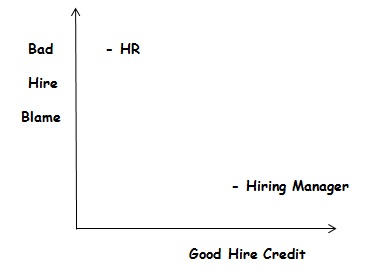I get pimped constantly to write about companies and their products and I rarely do. It’s not that I don’t like the companies, products or people – but it’s boring! Recently, Katie Farrell, was pimping me to write about her client InternMatch and more specifically a report they did called “State of the Internship 2013” where they actually had some fun data to report and one interesting piece I couldn’t turn up! In full disclosure – Katie and InternMatch paid me absolutely nothing to do this – which is probably why I don’t pimp more stuff for Katie (come on Katie! Some cookies, a diet Dew, anything – really!).
Here’s the 1 Reason Why Interns Suck:
“If a company has pets in the office, it would dramatically increase an intern candidate’s likelihood of applying (24.3%)”
I don’t care what you say – that is fascinating data! Not only does that one data point tell you how worthless it is to hire interns – it gives you actual first hand data about what is really going on in the mind of a college freshman and sophomore that you’re paying bottom-line dollars to! 1/4 of potential interns are swayed in their internship decision by the simple fact if they can bring Ms. Cookie Kitty with them to their big-girl summer job. Fascinating – with a capital F!
I always viewed internships as a public service for employers. It’s very similar to buying lemonade from the 8 year old kid running a lemonade stand on a cardboard box on the street corner. You don’t really need a lemonade – but it’s cute and makes them feel like their a real person. The reality is, the 8 year old, like the college intern doesn’t really want to work for your lame department and learn real skills – they want ice cream truck money – scratch that – they want beer money!
If I was running a Fortune 500 HR shop here is what my internship program would look like:
1. Hire Interns
2. Make them do the worst jobs in our company – no matter what their degree program.
3. Try and get them to quit the internship program.
4. Make it the absolute worst summer of their life. Boot camp for Frat Boys and Girls.
5. Those few that make it – get automatic offers to come to work real jobs the next year.
Oh, I hear you saying “Tim you have no idea, we need our interns to love our company so we have recruits when they graduate!” No you don’t. You need to find people who will work. I mean really work. Hire those people. Don’t hire someone who determines their work future by whether they can bring their cat or dog with them to their summer job! Oh yeah, they had some other real statistics as well – but that was the only interesting one.

